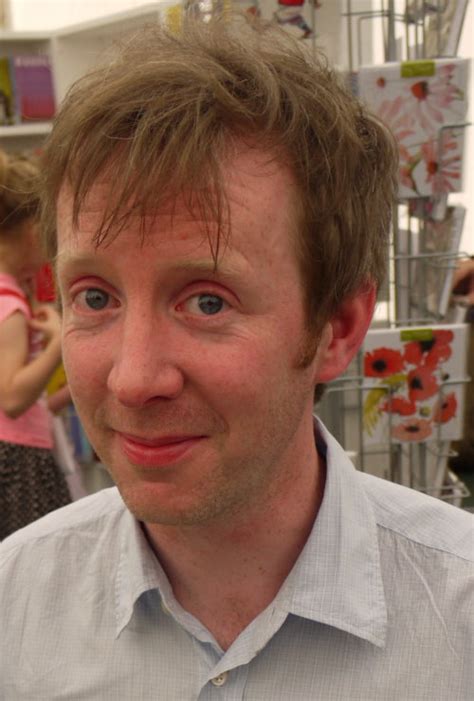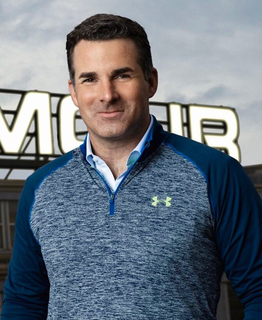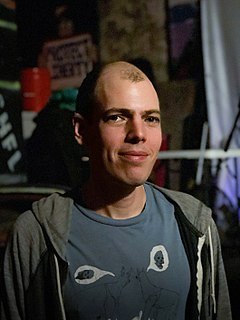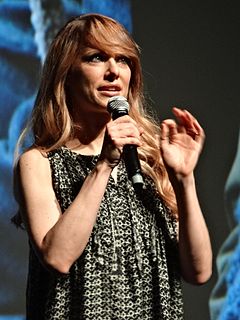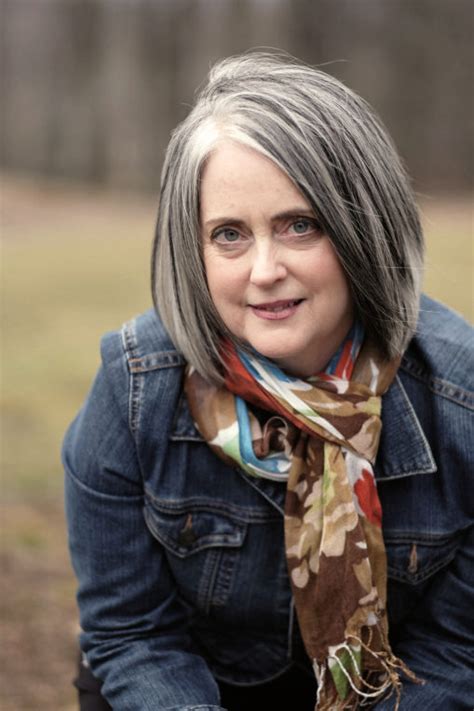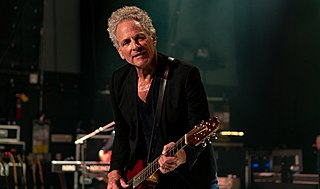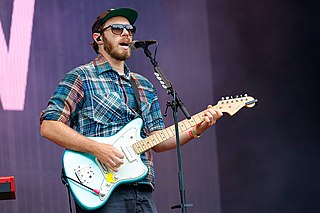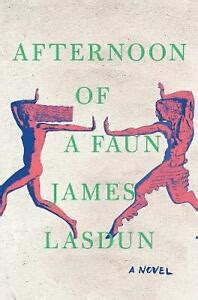A Quote by Paul Murray
History, in the end, is only another kind of story, and stories are different from the truth. The truth is messy and chaotic and all over the place. Often it just doesn’t make sense. Stories make things make sense, but the way they do that is to leave out anything that doesn’t fit. And often that is quite a lot.
Related Quotes
We read novels because we need stories; we crave them; we can’t live without telling them and hearing them. Stories are how we make sense of our lives and of the world. When we’re distressed and go to therapy, our therapist’s job is to help us tell our story. Life doesn’t come with plots; it’s messy and chaotic; life is one damn, inexplicable thing after another. And we can’t have that. We insist on meaning. And so we tell stories so that our lives make sense.
We are shaped by stories from the first moments of life, and even before. Stories tell us who we are, why we are here, and what will become of us. Whenever humans try to make sense of their experience, they create a story, and we use those stories to answer all the big questions of life. The stories come from everywhere--from family, church, school, and the culture at large. They so surround and inhabit us that we often don't recognize that they are stories at all, breathing them in and out as a fish breathes water.
Just recognizing and naming that many of the things we treat as historical fact are stories can help erode their power over our sense of identity and thinking. If they are stories rather than "truth," we can write new stories that better represent the country we aspire to be. Our new stories can be about diverse people working together to overcome challenges and make life better for all, about figuring out how to live sustainably on this one planet we share, and on deep respect for cooperation, fairness, and equity instead of promoting hyper-competitive individualism.
Great brands are like great stories. And every story has a beginning, a middle, and an end. And our job is to make sure that every chapter of our stories makes sense to the one in front of it and make sense to the one after it. There is no such thing as an overnight success. You have to get up and put your work boots on every single day.
If I like hardcore straight-edge punk music, gentle psychedelic folk music, gangster rap, indie-rock with a lot of guitar pedals, and I find inspiration from all these things in different songs of mine, shouldn't I be allowed to make any of this kind of music that I want? And it's the same for the comic books, why should I only make autobiographical stories? Or only political stories? Or only superhero stories? Or only comedy stories? I am a bit creatively desperate, when I sit with a pen and paper I am desperate for ANY idea that makes me excited, I don't care what kind of idea it is!
I do like crime thriller stories. That's because these stories have a lot of layers. There are always three sides to such stories... there is a truth, there is a lie and then there is the ultimate truth. Different human emotions and intense interpersonal relationships form the core of stories in this genre.
If I ever thought of directing again, I mean - I don't know, even the idea of directing a film is a strange one for me, because I feel kind of anti mathematics in a way in that sense. Anti - I don't like when things make sense, I prefer if they don't, so if I made a film, it wouldn't make any sense and no one would see it. So maybe I'll just make little films at home with my phone, never to be released.
